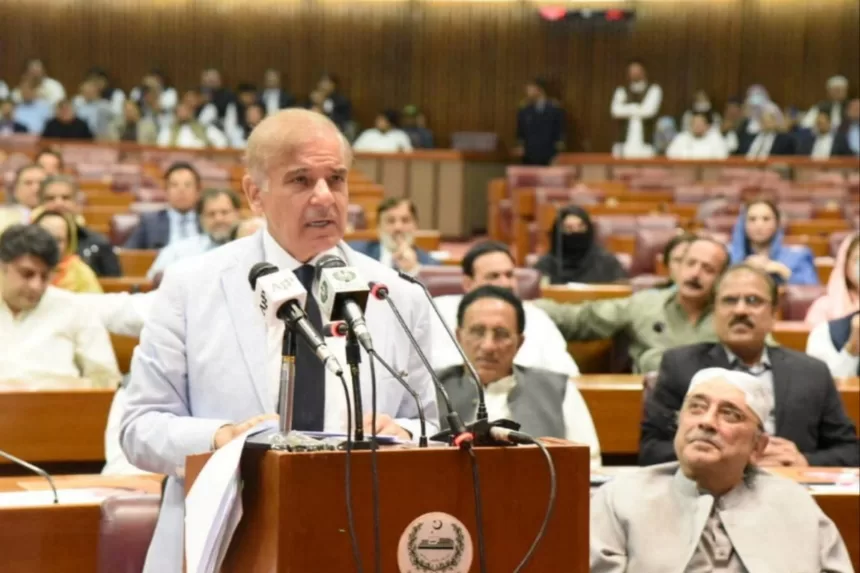Pakistan, a nation with a strategically vital location, a sizable population, a formidable military, nuclear capabilities, and semi-industrialized economy, has found itself increasingly sidelined on the global geopolitical stage. Despite these attributes, Pakistan seems to be losing its foothold in international politics and is at risk of becoming a mere spectator. Several factors contribute to this decline in geopolitical relevance:
Shifting Geopolitical Currents
One of Pakistan’s primary sources of relevance was its geographical location, nestled between India, China, Iran, and Afghanistan. During the U.S. engagement in Afghanistan, Pakistan played a crucial role as a conduit for American access to landlocked Afghanistan. However, with the U.S. withdrawal, Pakistan’s role has diminished significantly. Afghanistan’s challenges are now Pakistan’s to contend with.
Similarly, Iran, despite its regional influence, remains isolated and under sanctions. Economic and cultural development in the Middle East has largely bypassed Iran for the Gulf region. The Arab countries of the Middle East can trade with the West, India, and China by sea, rendering Pakistan’s geographic utility less significant.
Moreover, the border between Pakistan and Iran, encompassing the insurgency-ridden Balochistan region, is hardly conducive to connectivity and stability.
India’s Ascent
In contrast to its neighbor, India has been steadily gaining prominence on the world stage. India’s economic growth, diplomatic outreach, and influence in international forums have propelled it into a leading global power. It’s no longer bracketed with Pakistan in foreign contexts. India’s economy is eight times the size of Pakistan’s, and its population dwarfs its neighbor’s.
Previously, the West often engaged with the Indo-Pakistani relationship, especially regarding Kashmir and nuclear proliferation. This created an impression that India and Pakistan held comparable power and importance. Today, however, India is more frequently associated with China in discussions of global influence.
China’s Indifference
While Pakistan maintains a close relationship with China, both countries understand the limitations of what they can offer each other. Pakistan has sought to diversify its economic partnerships beyond China due to its ongoing economic crisis, political instability, and debt from China.
China’s primary concerns are in its eastern region, including Taiwan, Japan, the South China Sea, and the U.S. naval presence. Pakistan’s western frontier holds less strategic value for China, making it a secondary focus.
Despite China’s investment in the China-Pakistan Economic Corridor (CPEC), many CPEC projects have stalled due to economic instability in Pakistan, China’s economic slowdown, and ongoing violence. The returns on this investment for China will take decades, and its strategic relationships with other countries will likely remain more significant than its relationship with Pakistan.
Internal Instability
A country’s geopolitical relevance often relies on political and economic stability. Pakistan’s recent history has been marred by political turmoil and economic crises. Ongoing instability, protests, and uncertainty surrounding elections have eroded Pakistan’s ability to engage with other nations effectively.
Its opaque political landscape presents challenges for foreign countries trying to engage with Pakistan. Moreover, a country grappling with chronic instability struggles to implement necessary economic policies, prioritize growth, or serve as a stable international partner.
Conclusion
Pakistan’s declining geopolitical relevance is a result of multiple factors, including shifting global dynamics, India’s ascent, China’s priorities, and internal instability. Reversing this trend will require substantial efforts, a stable government, and political reform. Otherwise, Pakistan risks becoming increasingly marginalized in the international arena.







